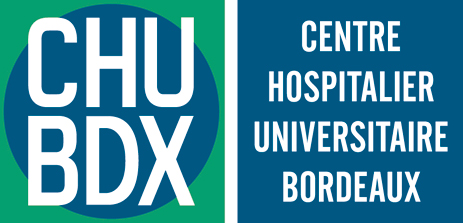
The Department of Urological Surgery at Bordeaux University Hospital Centre (CHU) is composed of a dedicated team of 7 senior medical practitioners, 5 assistant clinical directors, and 8 interns. With 15,000 consultations and 4,800 surgical procedures performed annually—including 270 kidney cancer surgeries—the department consistently ranks first in Le Point’s national ranking of the best hospitals for kidney cancer surgery.
The department is deeply engaged in clinical research and innovation, participating in numerous research protocols and the evaluation of novel medical management strategies within a dynamic ecosystem of partnerships.
Notably, it leads I.CaRe—an integrated programme dedicated to kidney cancer research and innovation—coordinates UroCCR, the French national research network on kidney cancer, and oversees the Kidney Surgery Research and Innovation Fund.

Founded in 1936, Fujifilm operates across a range of sectors, notably in radiology equipment, medical information systems, and flexible endoscopy technologies.
Fujifilm Europe includes a Surgery Business Unit, which maintains a long-standing collaboration with Bordeaux University Hospital Centre. This partnership focuses on the Synapse 3D virtual reality platform and an augmented reality solution dedicated to kidney surgery.
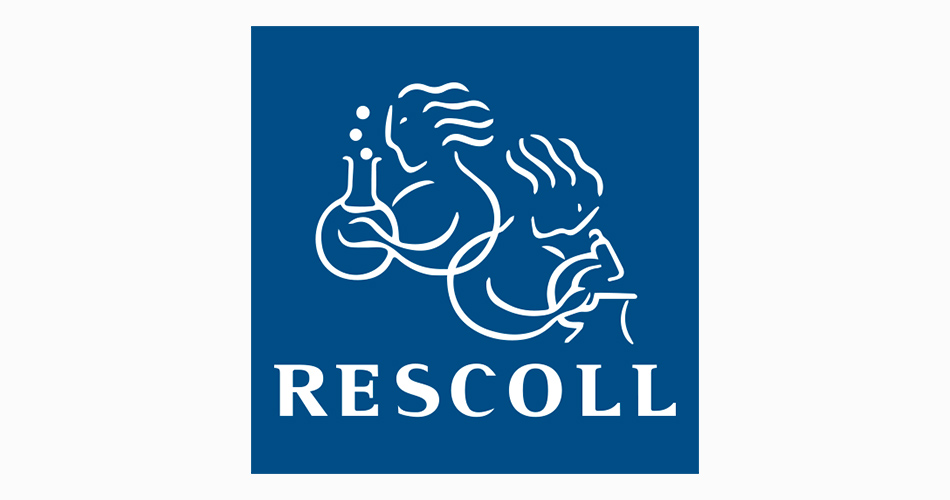
Rescoll is responsible for manufacturing a material with properties closely resembling those of human tissue.
Rescoll is a French independent SMB with 146 employees. The company operates laboratories specialising in testing services, including physico-chemical analysis, mechanical testing, and fire testing. Rescoll is also engaged in industrial research focused on the application of polymer materials across various sectors, including cabin interiors, aeronautics, medical, energy, agri-food, and rail.
Rescoll is involved throughout the entire product life cycle—from product design and formulation to materials analysis and regulatory qualification.
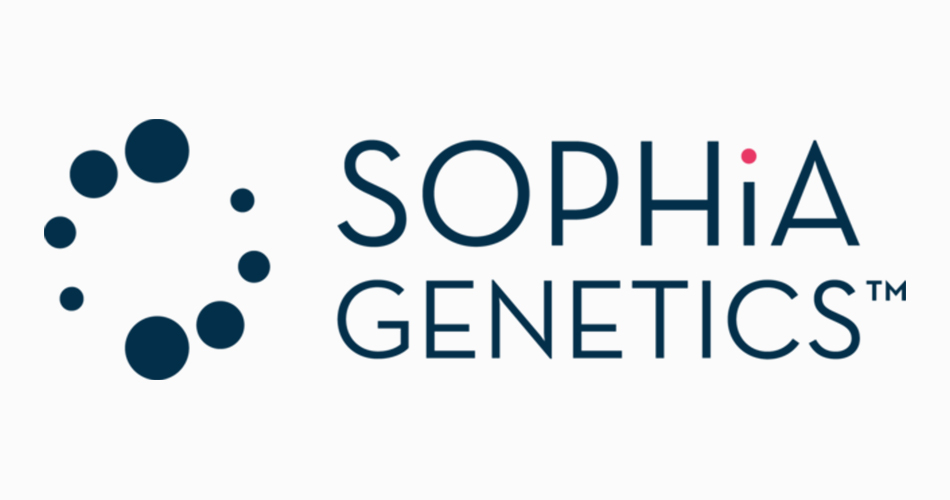
Sophia Genetics provides a healthcare data analytics platform used by over 800 healthcare institutions in more than 70 countries. Initially designed for genomic analysis in both oncology and constitutional diseases, the platform also integrates radiomic, clinical, and biological data.
With a strong emphasis on knowledge sharing, the platform enables the combination of genomic and phenotypic data, supporting research, clinical decision-making, and drug development.
It contributes to the Digital Urology 3D project by developing a personalised 3D map of the kidney’s mechanical properties.

Founded in 2019 in France, SurgAR is a start-up with approximately 40 employees. The company develops software solutions that enhance the efficiency of minimally invasive surgical procedures through augmented reality.
By combining computer vision and artificial intelligence, SurgAR’s technology assists surgeons in real time, particularly during procedures involving mobile organs such as the kidney, uterus, and liver.

The department of urology at Grenoble University Hospital Centre performs approximately 3,500 procedures annually, including around 100 kidney cancer surgeries and 150 kidney transplants. The department is also recognized for its strong involvement in clinical research.
As part of the RHU Digital Urology 3D project, the Accurate clinical trial, coordinated by Prof. Jean-Luc Descotes, is being conducted to evaluate partial nephrectomy assisted by 3D imaging and robotic guidance. This approach aims to reduce surgical complications and improve post-operative kidney function.
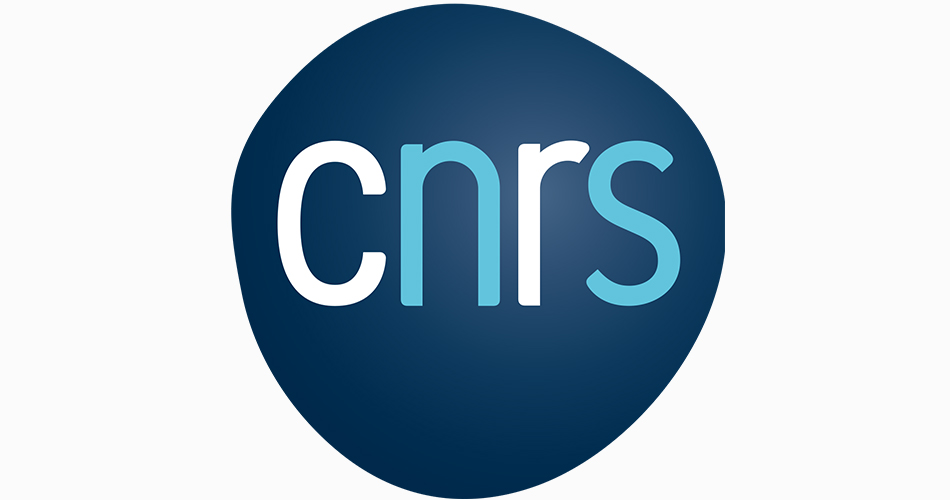
The Paul Pascal Research Centre is a joint research unit of the French National Centre for Scientific Research (CNRS) and Bordeaux University. With over 50 years of expertise in physical chemistry, the laboratory conducts cutting-edge research in soft matter, functional and molecular materials, bioengineering, and biotechnologies.
In the project, it contributes its expertise in designing and developing structured materials across various scales. In particular, it focuses on ‘soft’ polymer materials containing liquid inclusions, designed to mimic the vascularisation of human tissue.

The Laboratory of the Future LOF is a joint research unit in France that brings together the CNRS, Bordeaux University, and Syensqo. Its research focuses on challenges at the intersection of soft matter and process engineering, bridging academic research with industrial applications.
As part of the project, LOF is developing an innovative embedded 3D printing technology specifically designed for soft materials. The goal is to create biomimetic kidney models that accurately replicate structural, mechanical, and vascular heterogeneities of the real organ.
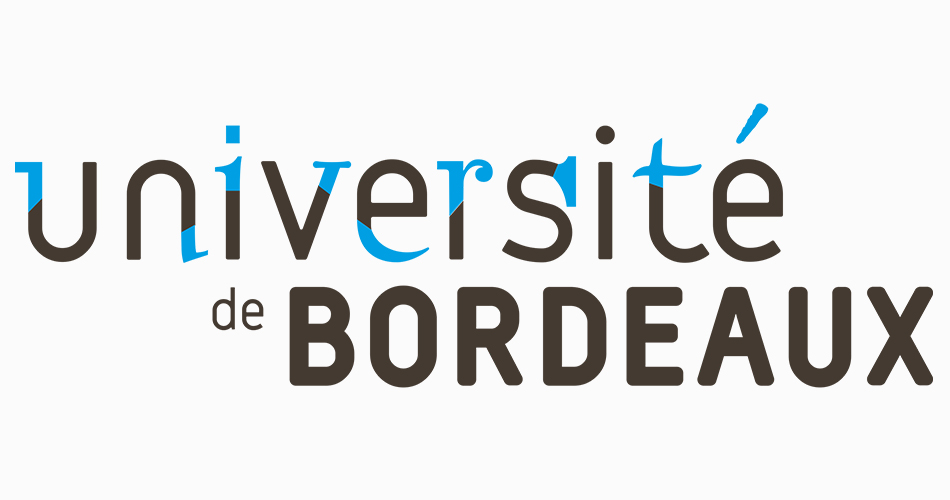
The University of Bordeaux contributes to the project through several of its structures: Coh@bit, the Bordeaux University Institute of Technology Fablab
a collaborative 3D printing space, the Bordeaux Robotic Training Centre (RTCBx)
a training and applied research platform for robotic surgery that forms part of the hospital’s multidisciplinary robotics programme, and the Centre for Research and Development in Medical Informatics (CREDIM
the research IT platform of the Public Health Department at the University of Bordeaux. CREDIM hosts health data, manages the system infrastructure (including network and hardware), and develops bespoke IT solutions
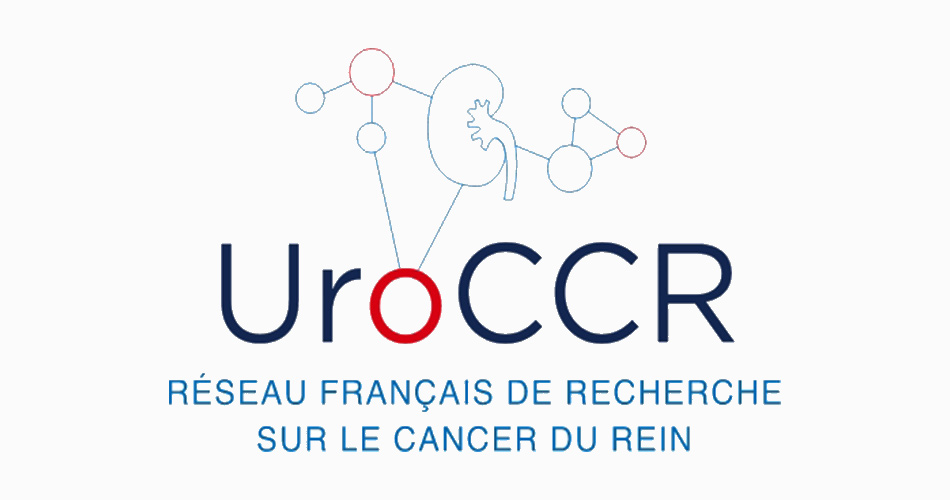
Coordinated by the Department of Urology at Bordeaux University Hospital Centre, the French National Research Network on Kidney Cancer (UroCCR) brings together 58 centres and a cohort of 20,000 patients across France.
UroCCR focuses on the therapeutic management of kidney cancer and applied research in the field. The network facilitates the collection and documentation of clinical, biological, and radiological data for all newly diagnosed patients within participating centres, using a shared national database.
This comprehensive, nationwide infrastructure represents a significant asset for driving collaborative research projects.
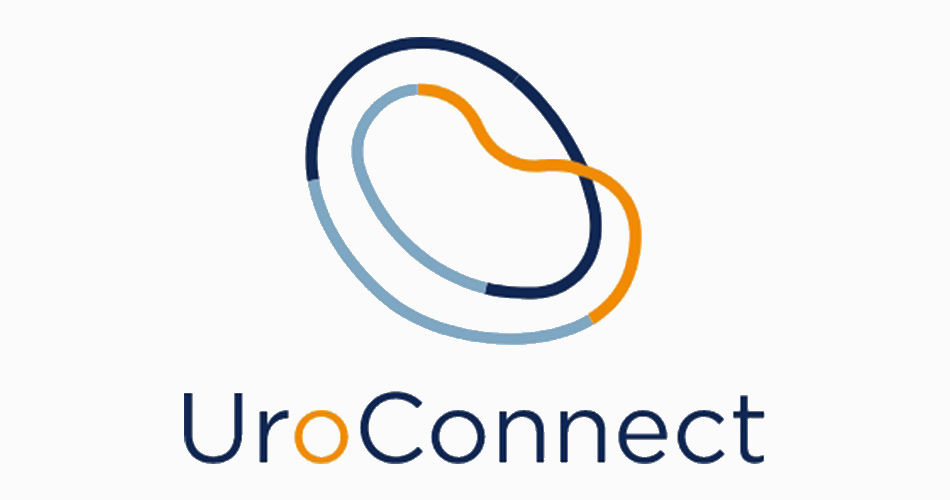
UroConnect is a digital patient support application co-developed by the Department of Urology at Bordeaux University Hospital and RESILIENCE. Classified as a Class I medical device, it is integrated into both the care pathway and research activities.
The app provides continuous support to patients throughout their treatment journey, offering regular information, preoperative preparation, and the automated detection of potential complications through remote medical monitoring. All data are securely collected, analysed, and subsequently integrated into the UroCCR database.
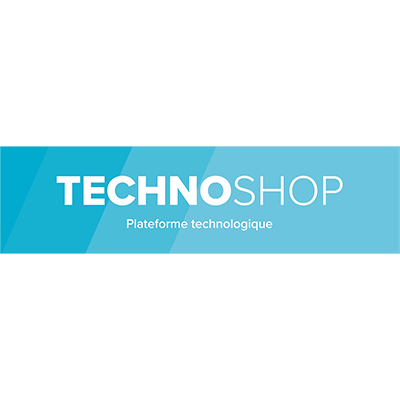
TechnoShop brings together a multidisciplinary team of engineers and technicians who provide technological support to laboratories, start-ups and SMEs, and carry out innovative multi-technology projects. It draws on the departments of the University Institute of Technology (IUT), the laboratories on the Bordeaux campus and regional companies. With expertise in mechanics, electronics, mechatronics, robotics and software development, it designs and manufactures demonstrators and prototypes, managing all stages of the project with a range of cutting-edge machinery, supported by the Nouvelle-Aquitaine Region. For the RHU, it is currently developing a 3D printer dedicated to printing biomimetic kidneys.
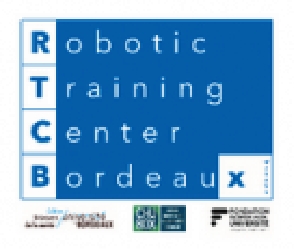
In June 2021, the University of Bordeaux and Bordeaux University Hospital Centre inaugurated the Bordeaux Robotic Training Center, a platform dedicated to simulation, teaching, and research & development in robotic surgery. The centre is part of the school of surgery (Collège Santé) at the University of Bordeaux.
The project is coordinated by Professor Jean-Christophe Bernhard. In partnership with Intuitive, the centre offers training rooms equipped with surgical robots, allowing surgeons and trainees to practise in near-real-life conditions using 3D-printed anatomical models.

The CeDS (Culture et Diffusion des Savoirs) laboratory at the University of Bordeaux brings together researchers from a wide range of disciplines who combine their expertise to address current and emerging issues in education. The team is committed to making science accessible and relevant for understanding complex societal challenges in education, particularly through joint publications and collaborative research projects.
CeDS is part of the CHANGES research department and contributes to the project by providing sociological expertise for the design and implementation of studies within Work Package 2.